バイオシミラー市場調査
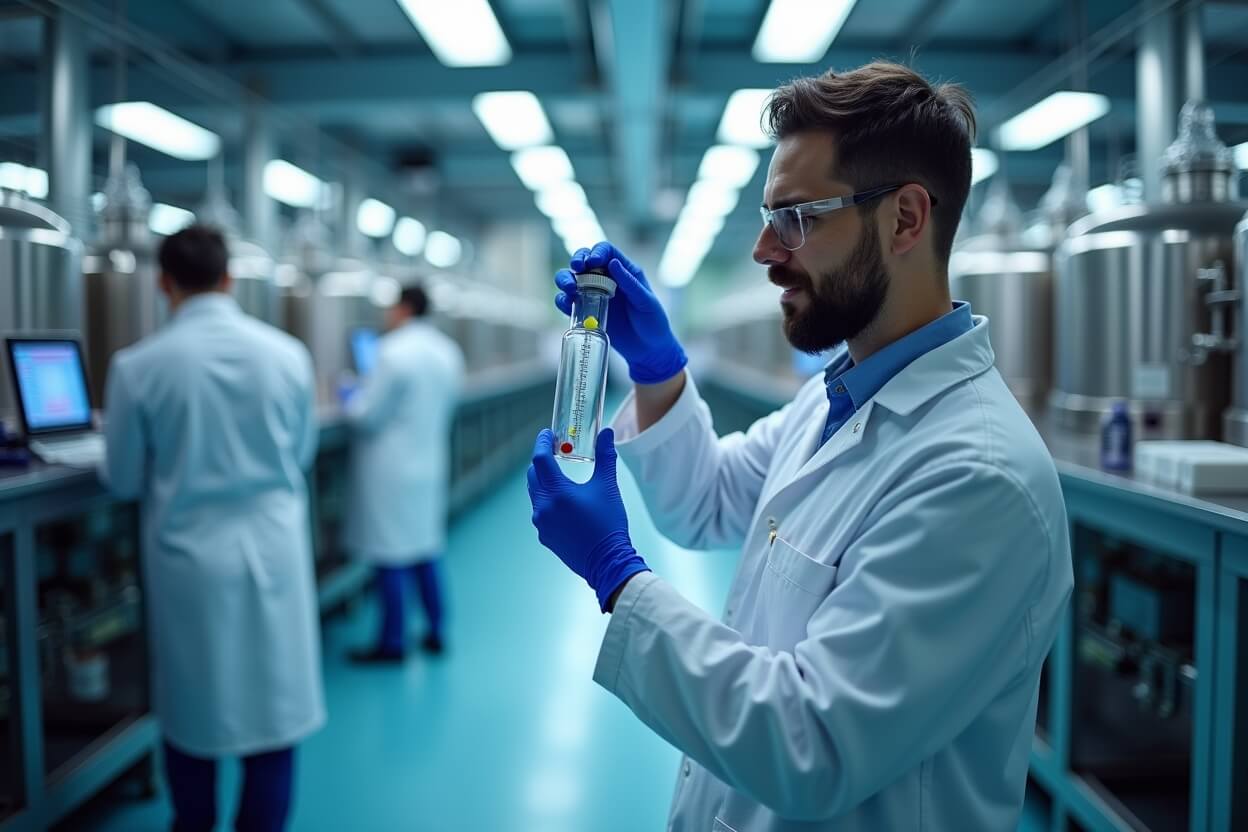
徹底的なバイオシミラー市場調査を行うことで、企業は市場の動向、規制の変更、消費者の嗜好を理解し、成長と革新を促進する戦略的な意思決定を行うことができます。
The truth about biosimilars? They’re not just cheaper alternatives—they’re healthcare game-changers that most executives still don’t fully understand.
Few sectors offer the complexity and opportunity that biosimilars present today. Our specialists have uncovered patterns that separate market leaders from those struggling to adapt—and the differences might surprise you.
企業がバイオシミラー市場調査を必要とする理由とは?
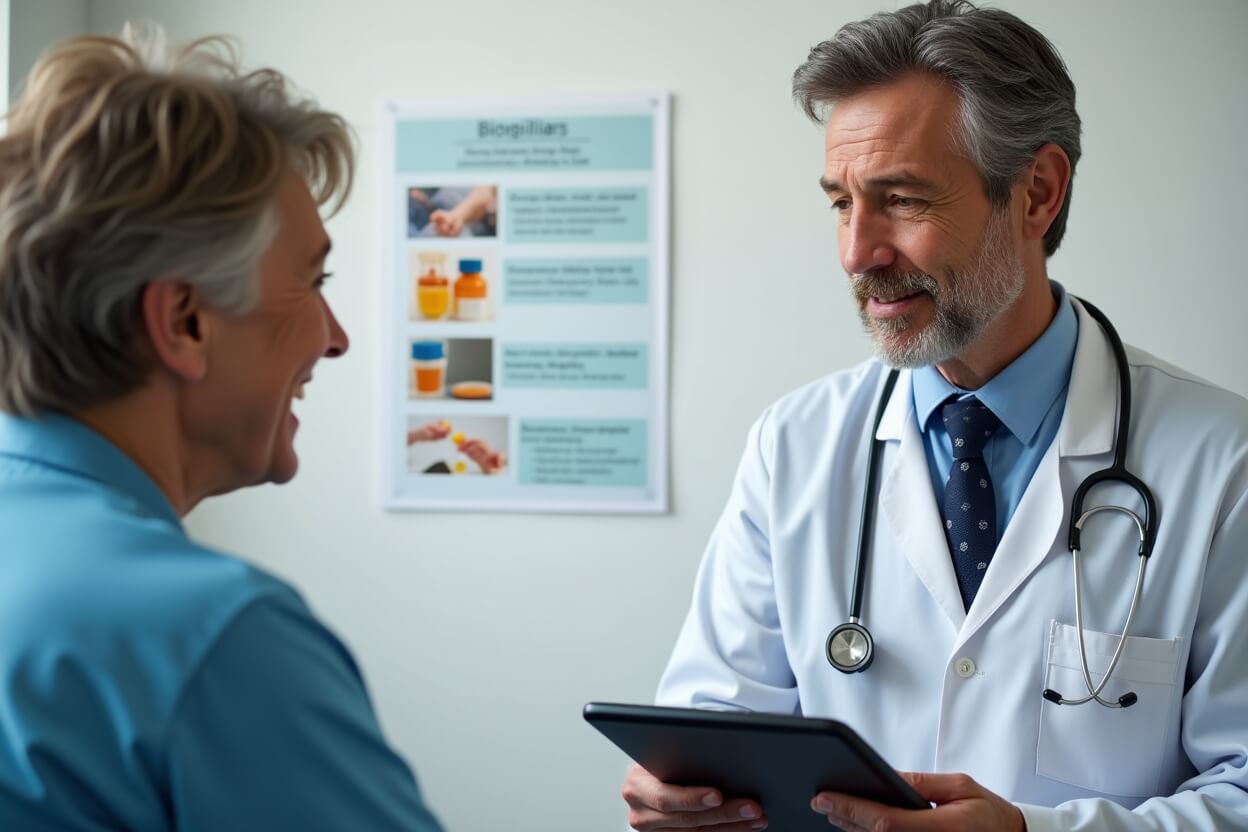
Biosimilar market research is crucial for developing effective market entry and growth strategies. It identifies the market size, growth potential, and key drivers of demand. Companies can tailor their products and marketing strategies to meet the specific needs of different market segments by analyzing trends in patient adoption, healthcare provider preferences, and regional market variations.
さらに、 the biosimilar market is heavily regulated, with stringent requirements for approval and ongoing compliance. Therefore, biosimilar market research enables businesses to stay updated on regulatory changes, understand the approval processes in different regions, and anticipate potential regulatory hurdles. This knowledge helps companies develop regulatory strategies that ensure timely approval and compliance, reducing the risk of delays and additional costs.
さらに、 market research provides detailed competitive analysis, helping businesses understand their competitors’ strategies, strengths, and weaknesses. It is essential to identify market gaps, develop unique value propositions, and effectively position biosimilar products to gain a competitive advantage.
The Evolving Landscape of Biosimilars
The truth about biosimilars? They’re not just cheaper alternatives—they’re healthcare game-changers that most executives still don’t fully understand.
Market disruption is the daily reality reshaping pharmaceutical economics worldwide. The biosimilar market research we’ve conducted over the past five years reveals a startling truth: manufacturers who initially scoffed at biosimilar competition now scramble to develop their portfolios. You’re witnessing a fundamental shift in how biological therapies reach patients, with ripple effects touching everything from pricing strategies to R&D priorities.
… And what’s driving this transformation? It’s not just cost savings, though they’re substantial. Our latest biosimilar market research indicates that successful market entrants are those who understand the complex interplay between regulatory pathways, physician acceptance, and patient education. The barriers to entry remain high—developing a biosimilar isn’t like producing a simple generic pill—but the rewards for getting it right have never been greater.
The most successful organizations we’ve worked with approach biosimilar market research as an ongoing commitment rather than a one-time investment. They’re constantly testing assumptions, tracking evolving prescriber behaviors, and adjusting their commercialization strategies based on real-world evidence.
現在の市場レビューと推奨事項
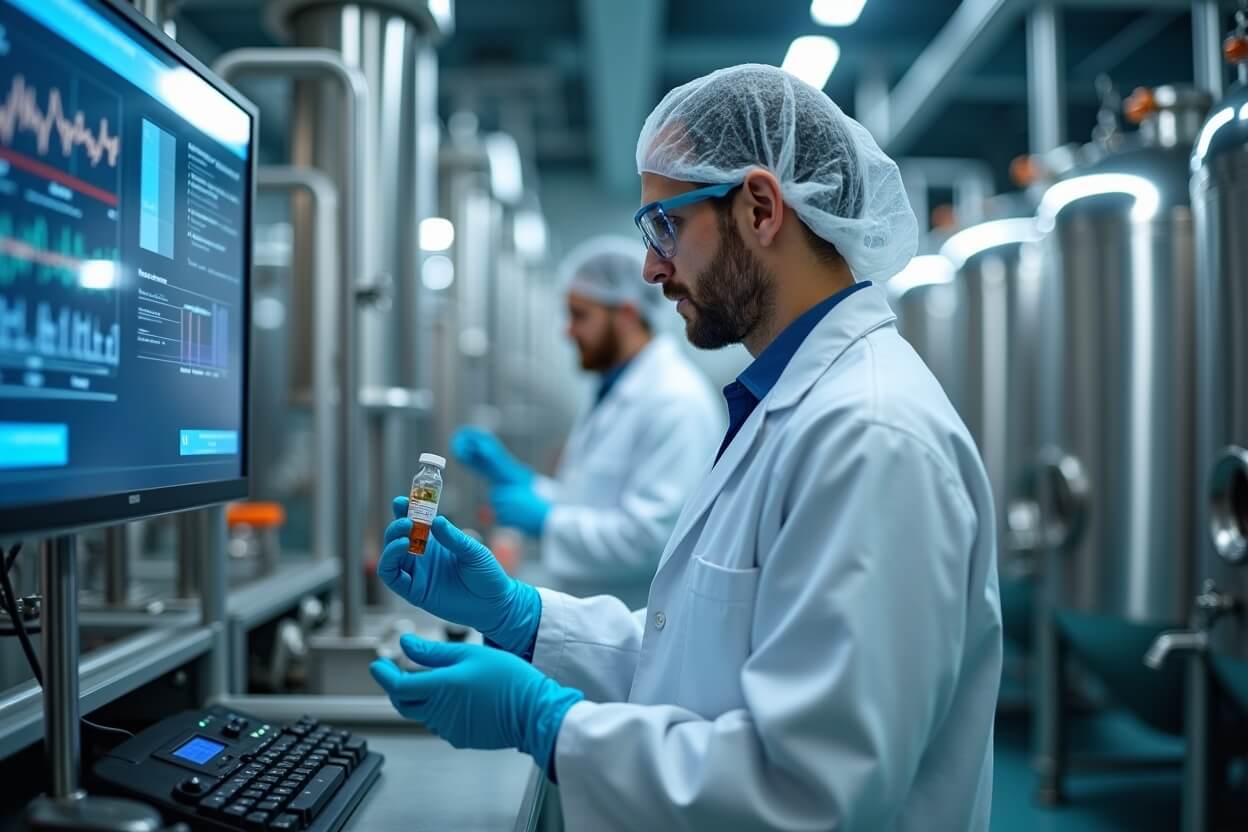
SIS International では、バイオシミラー市場は、コスト効率の高い生物学的治療に対する需要の高まり、主要な生物学的製剤の特許の満了、および好ましい規制環境によって、大幅な成長を遂げていると考えています。当社の調査によると、市場は今後も拡大を続け、さまざまな治療領域で市場に投入されるバイオシミラー製品の数が増えていくことが予想されます。
Additionally, healthcare providers’ and patients’ acceptance and adoption of biosimilars are on the rise, supported by increased education and awareness efforts. However, challenges such as regulatory complexities, competitive pressures, and the need for robust pharmacovigilance remain.
企業向け推奨事項
- 市場機会を活用する: 企業には、製品ポートフォリオを拡大し、新しい治療分野に参入することで、バイオシミラーの需要の高まりを有効活用することをお勧めします。潜在性の高い市場と満たされていないニーズを特定することで、企業は特定の患者層に対応するバイオシミラー製品を開発し、競争上の優位性を獲得できます。
- 規制戦略の強化: バイオシミラーの発売と商品化を成功させるには、規制環境を適切に管理することが重要です。当社は、地域の要件に準拠し、タイムリーな承認を促進する強力な規制戦略の開発に企業が投資すべきだと考えています。
- ステークホルダーエンゲージメントの強化: バイオシミラーの普及には、医療提供者、支払者、患者の間で信頼と自信を築くことが不可欠です。当社は、企業がバイオシミラーの安全性、有効性、費用対効果を強調する包括的な教育とコミュニケーション戦略に重点を置くことが重要であると考えています。
Regional Variations in Biosimilar Adoption
Geographic differences in biosimilar uptake tell a fascinating story about healthcare systems and cultural attitudes toward innovation.
で ヨーロッパ, where biosimilar market research shows impressive adoption rates, centralized purchasing decisions and physician incentives have created a flourishing ecosystem. Meanwhile, the U.S. market presents a more fragmented picture, with biosimilar market research revealing pockets of rapid adoption alongside areas of persistent resistance.
I’ve walked hospital corridors in Germany, where biosimilar utilization exceeds 90% for certain molecules, and contrasted this with facilities in parts of the U.S. where that figure struggles to reach 20%. Our biosimilar market research teams have identified key inflection points that predict when and how quickly adoption accelerates in different regions. It’s not simply about price—though that matters enormously—but about confidence in the regulatory framework and educational outreach.
Asian markets present perhaps the most dynamic picture of all. Our biosimilar market research in South Korea, India, and China reveals aggressive government policies promoting domestic development alongside unique physician education needs. We’ve helped multinational clients navigate these complexities, identifying partnership opportunities that leverage local knowledge while maintaining global quality standards.
バイオシミラー市場調査の主要プレーヤー
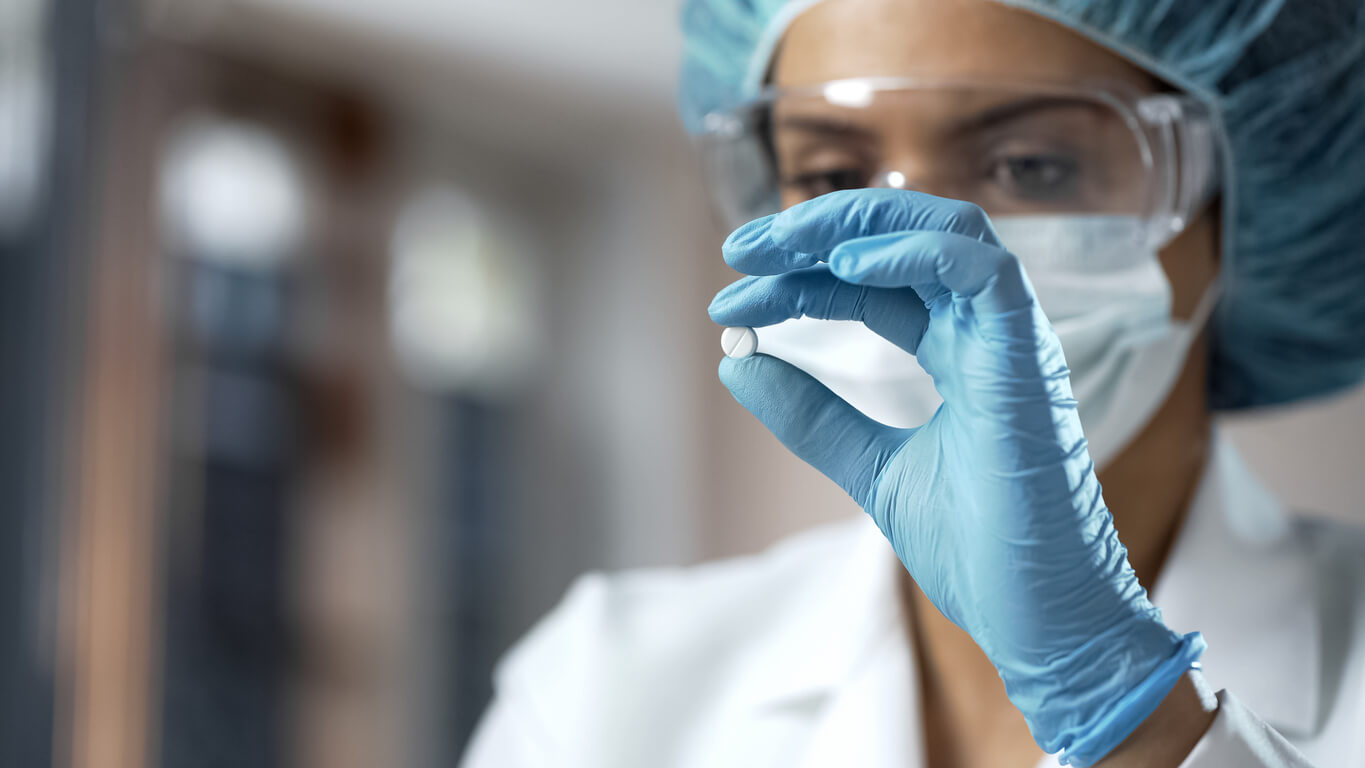
バイオシミラー市場では、いくつかの大手企業がバイオシミラー製品の革新、開発、商品化を推進しています。これらの企業は包括的な市場調査を活用して、規制環境をナビゲートし、市場の動向を理解し、競争力のある地位を確立しています。バイオシミラー市場調査の大手企業の一部をご紹介します。
アムジェン
- アムジェンはバイオテクノロジーの世界的リーダーであり、バイオシミラーの開発における先駆者の 1 つです。研究開発に重点を置くアムジェンは、広範な市場調査を活用して機会を特定し、製品パイプラインを最適化します。
サンドス(ノバルティスの子会社)
- ノバルティスの一部門であるサンドスは、バイオシミラー製品の幅広いポートフォリオを持つバイオシミラー市場の大手企業です。同社は、徹底的な市場調査を実施して、医療提供者の好み、規制要件、競争環境を把握しています。
バイオコン
- バイオコンは、革新的なアプローチと世界的な展開で知られるバイオシミラー市場の新興リーダーです。同社は市場調査を活用して主要市場での足場を拡大し、競争力を強化しています。
ファイザー
- ファイザーはバイオシミラー市場の大手企業であり、研究開発に力を入れています。同社は包括的な市場調査を活用して、製品開発から商品化までバイオシミラー戦略を導いています。
セルトリオン
- Celltrion はバイオシミラーの開発と製造を専門とするバイオテクノロジー企業です。同社は市場ニーズ、規制上の課題、競争上の機会を特定するために広範な市場調査を行っています。
サムスンバイオエピス
- Samsung Bioepis は、Samsung Biologics と Biogen の合弁会社で、高品質のバイオシミラーの開発に取り組んでいます。同社は市場調査を活用して、複雑な規制環境を乗り越え、市場の動向を把握しています。
テバ製薬
- Teva Pharmaceuticals は、バイオシミラーを含むジェネリック医薬品および専門医薬品の世界的リーダーです。同社は市場調査を活用してバイオシミラーの開発および商品化戦略を策定しています。Teva は患者のアクセスとコスト抑制に重点を置き、高品質のバイオシミラーを市場に投入して、世界中の患者に手頃な価格の治療オプションを提供しています。
メルク社(MSD)
- Merck & Co. は、米国およびカナダ以外では MSD として知られ、バイオシミラー市場の大手企業です。同社は、医療提供者の好み、規制上の課題、市場機会を把握するために、広範な市場調査を行っています。Merck の革新と品質への取り組みにより、同社のバイオシミラー製品は最高の安全性と有効性の基準を満たしています。
Future Trends in Biosimilar Development
The next wave of biosimilars will transform therapeutic areas that have remained relatively untouched by this revolution. Our biosimilar market research forecasts indicate that ophthalmology, dermatology, and neurology will experience the kind of competitive reshaping that oncology and immunology have already undergone. You’re looking at a market that will nearly triple in value over the next decade, with particularly aggressive growth in emerging economies.
What makes this next phase different?
Biosimilar market research points to several key factors. Manufacturing technologies have advanced dramatically, lowering development costs. Regulatory pathways have become more predictable in major markets. And perhaps most importantly, the first generation of biosimilars has built credibility among clinicians who were initially skeptical but now have years of real-world experience with these products.
“The pioneers in biosimilar development faced headwinds that the next generation of products won’t encounter to the same degree—but they’ll face new challenges that require equally sophisticated market intelligence,” as one of our senior analysts recently noted in our global biosimilar market research report.
Our biosimilar market research indicates that biosimilar manufacturers who can offer compelling value-added services—not just competitive pricing—will increasingly differentiate themselves in crowded therapeutic categories. We’re already seeing this play out in diabetes and growth hormone therapies, where device integration and patient support programs have become competitive battlegrounds.
Competitive Analysis in the Biosimilar Space
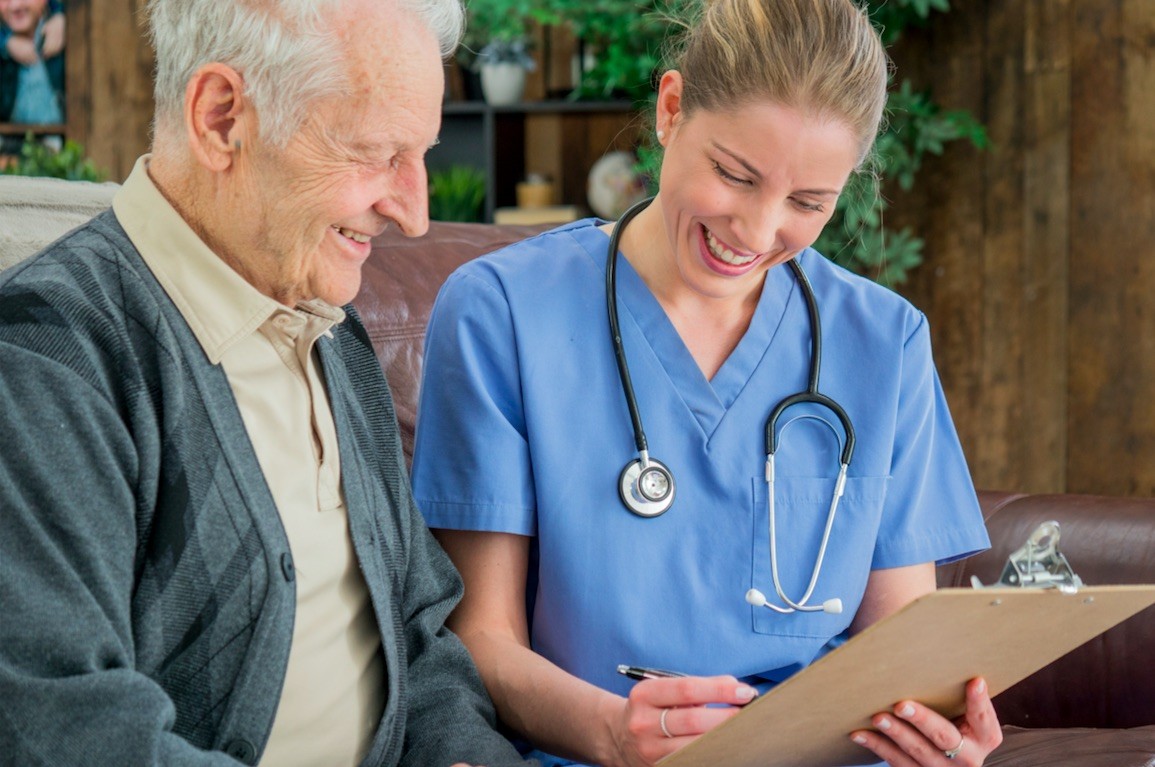
When we conduct biosimilar market research focused on competitive positioning, we often uncover development programs that aren’t widely publicized but could fundamentally alter market entry timing decisions. You’re operating in an environment where being third-to-market with the right strategy often outperforms being first with the wrong one.
Our biosimilar market research methodology combines traditional pharmaceutical intelligence gathering with specialized approaches developed specifically for this unique market. We track not just which molecules are in development, but also manufacturing capacity investments, clinical trial site selections, and patent litigation strategies that signal competitors’ intentions and capabilities.
What distinguishes high-value biosimilar market research is the ability to forecast product approvals and adoption curves across different customer segments. We’ve developed sophisticated models incorporating stakeholder research, analog analysis, and payer dynamics to help clients realistic volume projections at launch and throughout the product lifecycle as competitive intensity increases.
Biosimilar Market Research – Key Insights
- Market Disruption: Biosimilars are fundamentally reshaping pharmaceutical economics, with even skeptical manufacturers now developing their biosimilar portfolios.
- Success Factors: Leading companies in the biosimilar space excel through deep stakeholder insights rather than just competitive pricing, understanding the interplay between regulatory pathways, physician acceptance, and patient education.
- Regional Variations: Significant differences exist in adoption rates across regions, with Europe showing adoption rates up to 90% for certain molecules while some U.S. regions struggle to reach 20%.
- Asian Markets: Countries like South Korea, India, and China present unique opportunities with aggressive government policies promoting domestic development alongside specific education needs.
- Stakeholder Complexity: Successful biosimilar launches require orchestrating messages across multiple audiences simultaneously, including payers, hospital administrators, patient groups, and regulatory authorities.
- Value Thresholds: Different stakeholders require different cost savings to find biosimilar value propositions compelling—hospital pharmacists may demand 30% savings. In comparison, integrated health systems might change formularies at just 15% if supply reliability is high.
- Emerging Therapeutic Areas: The next wave of biosimilars will transform ophthalmology, dermatology, and neurology, with market value expected to nearly triple over the next decade.
- Regulatory Navigation: Significant differences in approval requirements across regions necessitate sophisticated intelligence to design efficient development programs meeting diverse expectations.
- Competitive Positioning: Being third-to-market with the right strategy often outperforms being first with the wrong approach—successful companies track molecules in development, manufacturing investments, and patent litigation strategies.
- デジタル統合: Forward-thinking biosimilar manufacturers differentiate themselves through value-added services like device integration and patient support programs, particularly in diabetes and growth hormone therapies.
SISインターナショナルのバイオシミラー市場における市場調査が企業にどのように役立つか
バイオシミラー市場調査における当社の専門知識は、市場の動向、規制環境、競合分析のさまざまな側面をカバーしており、企業が情報に基づいた意思決定を行い、戦略的目標を達成できるようにしています。バイオシミラー市場における当社の市場調査が企業にどのように役立つかをご紹介します。
収益の増加
Our research helps companies understand which products or services resonate most with healthcare providers and patients, enabling them to focus on high-potential areas.
リスク削減
当社は、潜在的なリスクを特定し、リスク軽減戦略を策定するための洞察を企業に提供します。当社の調査は、企業が情報に基づいた意思決定を行い、コストのかかるミスの可能性を減らし、課題に直面しても回復力を確保するのに役立ちます。
マーケティング効率の向上
SISインターナショナル market research services help businesses identify the most effective marketing channels, messages, and strategies to reach their target audience.
成長とイノベーションの加速
Our research services provide businesses with the insights to identify emerging trends and consumer needs, fueling innovation and growth.
長期的パートナーシップ
We believe in building long-term partnerships with our clients. SIS International provides ongoing support and consultation to help businesses adapt to market changes and continuously refine their strategies. Our commitment to client success ensures you have a trusted partner to rely on as you navigate the biosimilar market.
よくある質問
1. What makes biosimilar market research different from traditional pharmaceutical research?
Biosimilar market research requires a more comprehensive stakeholder approach than traditional pharmaceutical research. While traditional research often focuses heavily on prescriber preferences, biosimilar research must include payers, hospital administrators, patient advocacy groups, and regulatory authorities—all of whom significantly influence adoption. Additionally, biosimilar research must account for unique considerations like interchangeability, switching studies, and reference product selection that don’t exist in other pharmaceutical categories.
2. How long do biosimilars typically take to gain significant market share after launch?
Market share acquisition varies dramatically by region, therapeutic area, and molecule. In Europe, where centralized purchasing decisions and physician incentives support adoption, biosimilars can capture 50-80% market share within 12-24 months for well-established molecules. In the U.S., adoption has historically been slower, though this is changing with improved stakeholder education and evolving payer policies. Our research shows that oncology biosimilars typically gain traction faster than those in immunology, and hospital-administered products generally see quicker uptake than self-administered ones.
3. What are the most common barriers to biosimilar market entry for entrepreneurs?
The primary barriers include:
1) High development costs and technical complexity, requiring sophisticated manufacturing capabilities;
2) Patent thickets created by reference product manufacturers;
3) Regulatory uncertainty in some regions;
4) Physician and patient education needs; 5) Reference product manufacturer defensive strategies including contracting tactics and product improvements;
6) Limited differentiation opportunities beyond price; and
7) Challenges in building credibility with key stakeholders as a new entrant. Successful entrepreneurs typically address these through strategic partnerships, focused therapeutic area selection, and innovative go-to-market approaches.
4. How important is interchangeability designation for biosimilar commercial success?
While interchangeability designation can be valuable in certain market segments, particularly retail pharmacy-dispensed products, our research shows it’s not universally necessary for commercial success. Building prescriber confidence through strong clinical data and education often proves more important than interchangeability designation in hospital and clinic settings where physicians actively prescribe products. The significance of interchangeability varies substantially by therapeutic area, product administration setting, and regional pharmacy substitution laws.
5. What role do value-added services play in biosimilar competition?
As more biosimilars enter the same therapeutic spaces, value-added services are becoming increasingly important differentiators. Our research indicates that services like patient support programs, simplified reimbursement assistance, injection training, and digital monitoring tools can significantly influence adoption decisions when multiple biosimilars offer similar pricing. For entrepreneurs entering the space, strategically designed service offerings that address specific stakeholder pain points can create competitive advantage without requiring the massive investments to compete solely on price.
6. How are biosimilar pricing strategies evolving as markets mature?
Early biosimilar entrants typically launched with modest discounts (15-30%) to reference products, but pricing strategies have become more sophisticated as competition intensifies. In mature biosimilar markets like Europe, we now see average discounts of 30-70% depending on the therapeutic area and competitive intensity. Contract structures have also evolved beyond simple percentage discounts to include volume-based tiering, outcomes guarantees, and portfolio-based contracting. Entrepreneurs should be prepared for aggressive pricing competition in established biosimilar categories while potentially finding more pricing flexibility in newly-opening therapeutic areas.
7. What capabilities are most critical for new entrants to develop when entering the biosimilar space?
Beyond the obvious technical and regulatory capabilities required for development, successful new entrants must excel at:
1) Stakeholder mapping and engagement across the entire ecosystem;
2) Health economic modeling that quantifies value beyond simple acquisition cost;
3) Educational content development tailored to different stakeholder concerns;
4) Supply chain reliability and scalability;
5) Competitive intelligence gathering;
6) Nimble commercial operations that can adapt to rapidly changing market conditions; and
7) Strategic partnership development to complement internal capabilities. Our research consistently shows that companies underinvesting in these areas struggle even with technically excellent products.
ニューヨークの施設所在地
11 E 22nd Street、2階、ニューヨーク、NY 10010 電話: +1(212) 505-6805
SISインターナショナルについて
SISインターナショナル 定量的、定性的、戦略的な調査を提供します。意思決定のためのデータ、ツール、戦略、レポート、洞察を提供します。また、インタビュー、アンケート、フォーカス グループ、その他の市場調査方法やアプローチも実施します。 お問い合わせ 次の市場調査プロジェクトにご利用ください。


